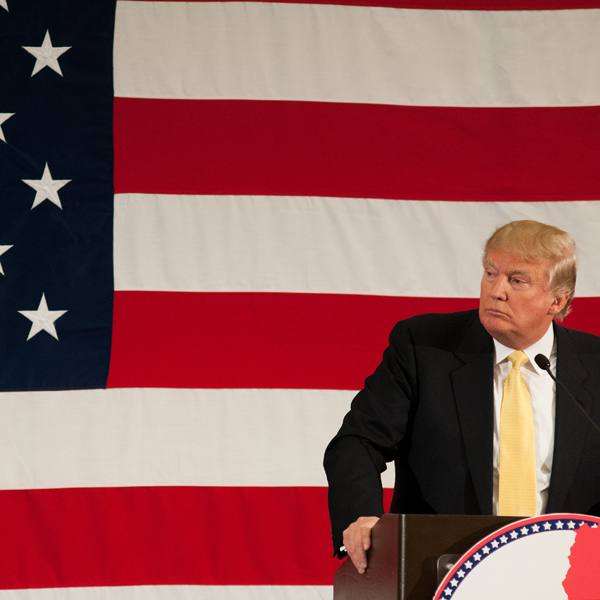Four Reasons to Mediate Your Employment Case Early
Considering the ever-increasing costs of litigation and that most employment disputes are dismissed or settled before going to trial, counsel should give serious thought to early mediation for these matters. Here are four reasons why mediation makes sense in employment litigation.
1. Choice of Mediator Mediation allows counsel to choose a mediator with substantive knowledge of employment law. An experienced employment mediator can listen to each side’s concerns and empathize with their situation and give feedback to both parties regarding potential challenges regarding their case. Those challenges may relate to legal pitfalls, the stress and potential embarrassment that may be associated with protracted litigation, and the cost and time involved with this type of legal dispute.
2. Cost Savings The costs involved in prosecuting and defending an employment-related dispute are prohibitive and typically exceed the amount the plaintiff would be willing to settle for prior to trial. Even in advance of a trial, both sides will likely spend significant amounts on discovery and other pre-trial expenses; costs they only recover if they win. These costs could likely have been avoided had the parties agreed to mediate the matter with a neutral third party at an earlier stage. Even after a case has been filed in court, the parties still should avail themselves of every opportunity to seek mediation, considering the looming costs of going forward and the uncertain outcome.
3. Flexibility One of the greatest benefits of mediation is the flexibility of the process. Each case is different and mediation allows the attorneys and mediator to customize the process. Some believe mediations are most productive when the parties spend a lot of time in joint session expressing their feelings. Other attorneys believe that any direct conflict during the course of a joint session is harmful to the overall process. Ina case where an employee feels threatened by the employer, it might be best to conduct mediation primarily or entirely in caucus. The mediator can get a good feel for this by talking to the attorneys prior to the mediation hearing date and can work with them to craft the right process.
4. Confidentiality For employers and employees, confidentiality is extremely important, particularly with respect to the terms of the settlement agreement. Whether or not the allegations of a complaint are true, it is often not in its best interests of the employer or the employee to allow them to be made public, nor is it always beneficial to have details of a settlement disclosed. If the case is litigated, everything will be a matter of public record, unless settlement terms are placed under seal, which depends on the individual judge. One of the conditions of mediation is that the process is confidential, and nothing may be disclosed or used by either party in any other proceeding.
These are just four reasons why mediation makes sense for resolving employment disputes, which are complex and can evolve high emotions on both sides. Bringing a mediator to the table helps balance those interests and paves the way towards ending the dispute.
Write a letter to the editor, share a story tip or update, or report an error.This content is advertising.



